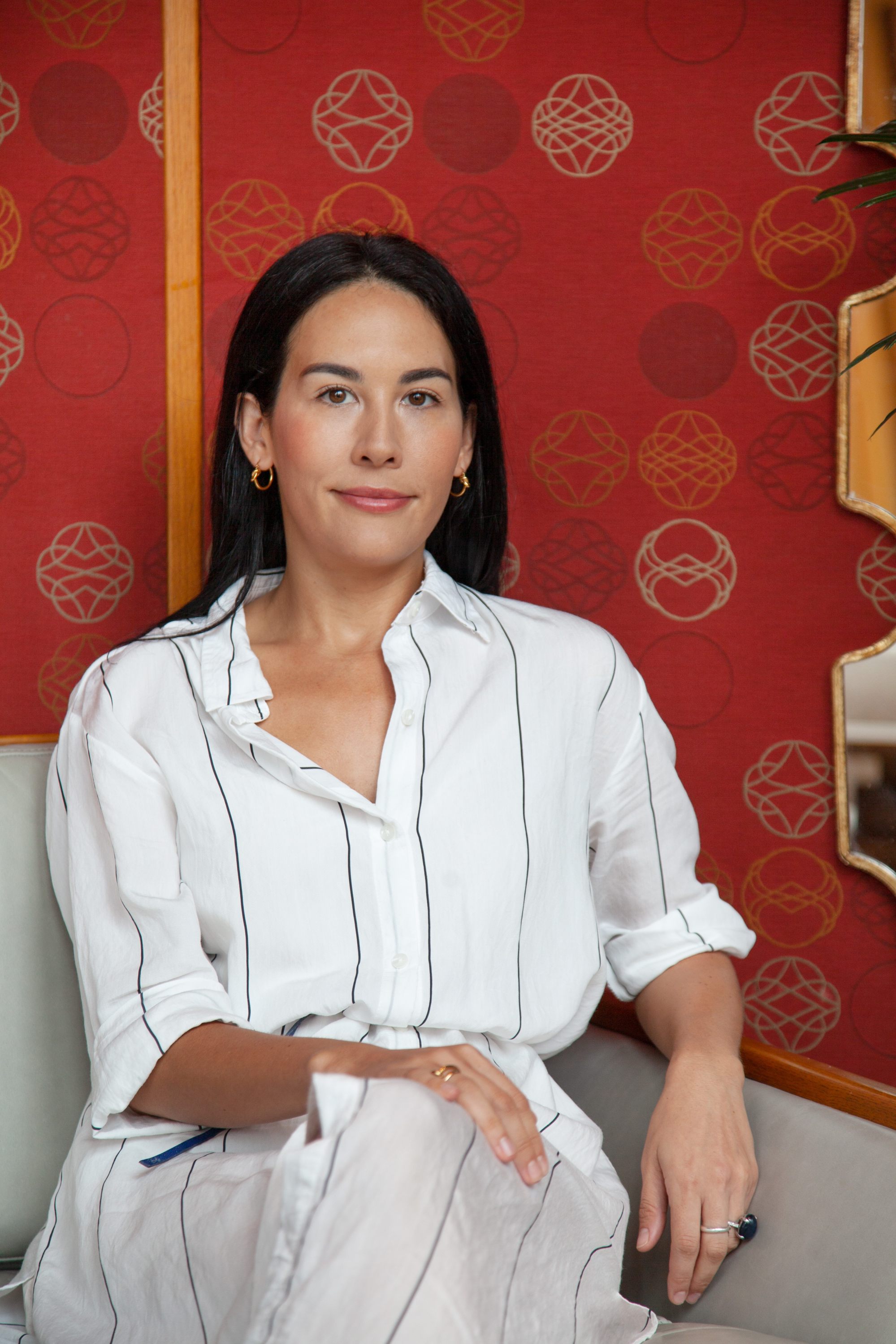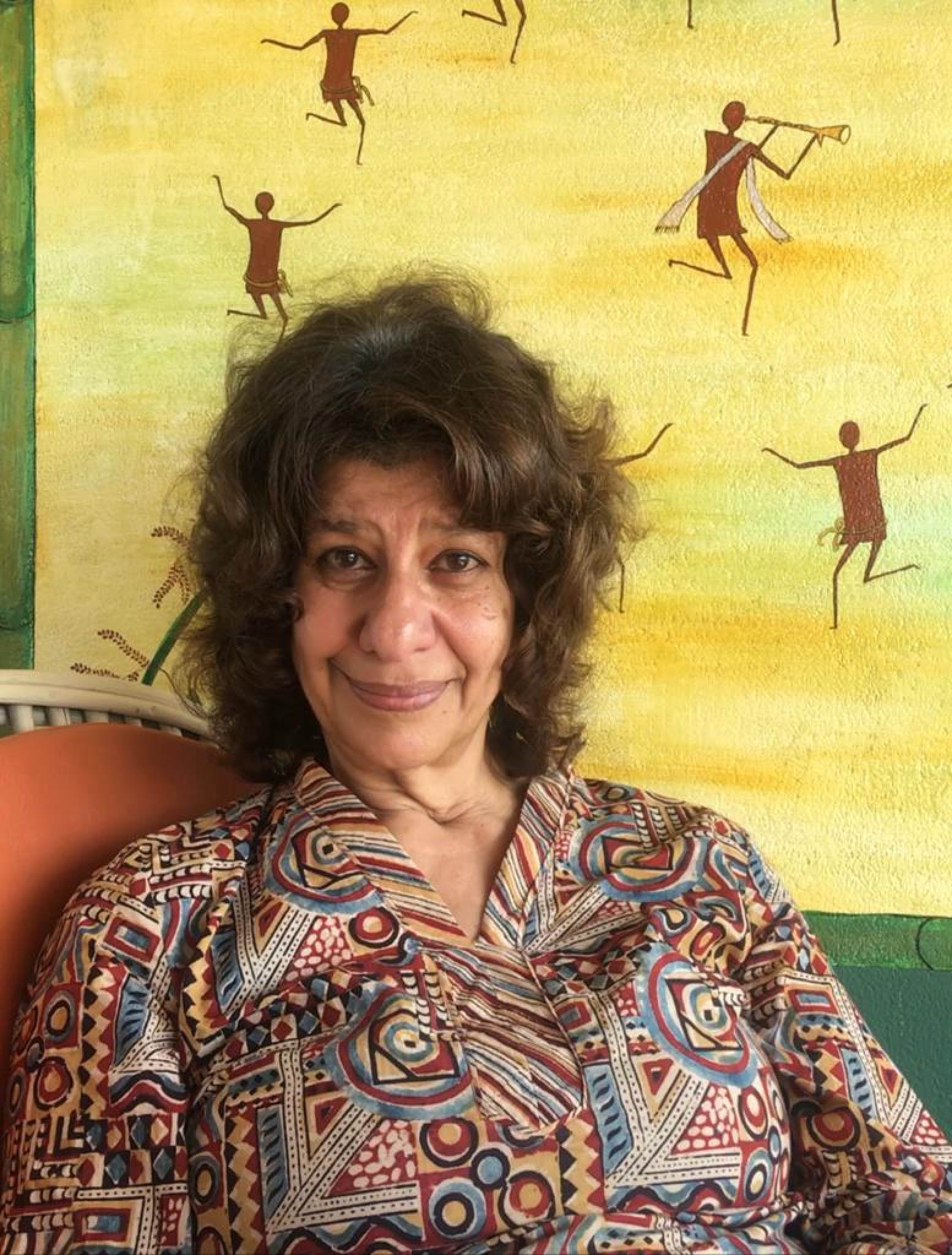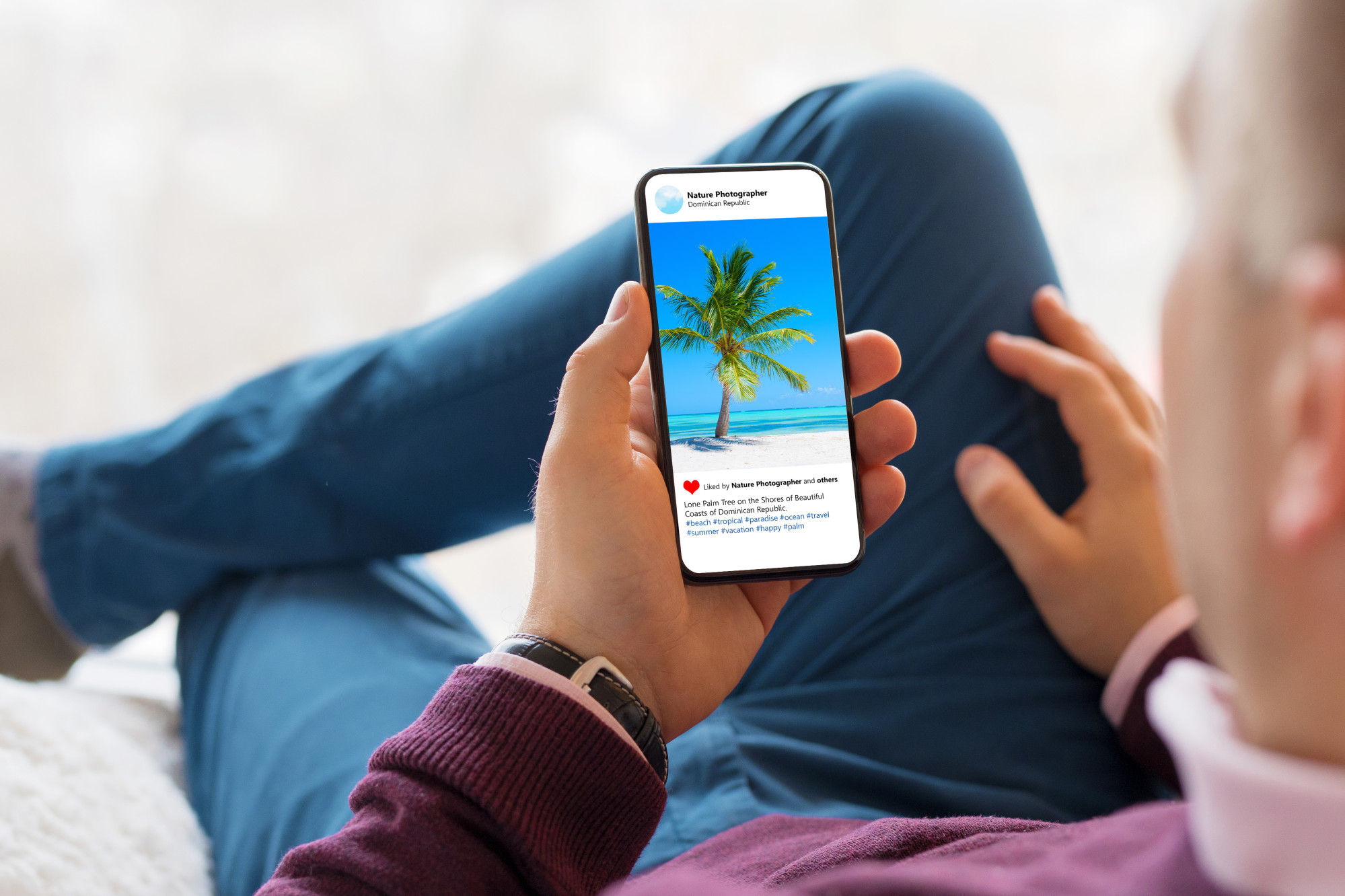
Got FOMO? Try JOMO – the joy of missing out – instead; experts explain how to switch and why it can help make you happier
- The antidote to FOMO – the fear of missing out – JOMO involves paying less attention to what others are doing and being more content with your own activities
- To experience JOMO, a good start is to cut back social media use and spend more quality time with friends, family – and yourself
Sad at missing an evening out with friends? Wish you were travelling to an exotic location like your colleague on their latest holiday? Regret turning down tickets to the opening show of a musical?
But for some, FOMO is giving way to JOMO – the joy of missing out. It is the contentment you feel undergoing a digital detox or lounging at home, reading a book or baking, giving priority to what you really want, without feeling anxious that you are missing out on what others are doing.
On TikTok, videos with the hashtag #JOMO had reportedly amassed almost 53 million views by early 2024. Meanwhile, in a December Instagram post, influencer Jenn Todryk (@theramblingredhead) proclaimed she “can’t wait to miss the next thing” and invited her 1.6 million followers to “tag a friend that has JOMO”. The post currently has more than 205,000 likes.
When the pandemic restricted socialising, many people discovered they could be happy at home, be it crocheting or playing a game, or spending quiet time alone or with loved ones. They realised they could live happily spending more time in the real world and less on social media.
Dr Ennapadam Krishnamoorthy, a neuropsychiatrist and founder of the Buddhi Clinic, a psychiatry clinic in Chennai, India, stopped using Facebook three years ago when he found “the noise in his head to be louder than it should be”.
“I have never gone back,” he says. “I also took a six-week break from various WhatsApp groups, and stopped getting involved in political discussions particularly.”
This gave him “clarity and purpose” in thought and allowed him to devote much-needed time to other productive “real world” activities.
“I realised that there are far better ways than social media to change the universe and they lie within you and can be executed around you.”

Krishnamoorthy now uses WhatsApp more sparingly, to stay in touch with close groups of friends and share interesting articles that he comes across.
Since starting his social media detox, he has benefited widely from JOMO. He has found time to raise funding for his clinic, started a programme to help underserved communities with mental health and other problems, and launched a podcast to share his knowledge of neuropsychiatry.
Most importantly, he started spending more quality time with friends, family – and himself.
Katie Forster, founder and managing director of Amara Communications in Hong Kong, has had mental health struggles in the past. Those experiences helped her understand what she needed to do when she ran into difficulties on return from her honeymoon earlier this year.
“I felt an obligation to be very visible to clients, peers and friends having been away for an extended period,” she says, explaining that she spent much more time doing social activities and meetings.
“The non-stop face time wrecked me. The only solution was rest and restoration, and that meant bowing out of social activities, and even some professional ones.”

Rather than neglect work commitments, she instead opted to take more meetings via Zoom, rather than in person, so that she did not feel obliged to hang around for drinks or chit chat afterwards. But in terms of her social life, the difference is more stark.
“I’ve been saying ‘no’ a lot. A decade ago, I’d hate to miss out on any kind of social fun and probably be embarrassed for anyone who told me they had opted to take in a movie or a meal solo, but I highly recommend both of those things now.”
Dr Deenaz Damania, a psychotherapist based in Bengaluru, India, notes key differences between the experiences of FOMO and JOMO.
“FOMO operates more at the conscious level of our thinking processes … [and has us] chasing every social media opportunity out there,” she says. “JOMO is more subtle and restful, and more inclined to make us creative within ourselves.”

She stresses that to find solutions to life’s issues, we need to get out of the vicious circle of restless, agitated thinking and instead rest and recharge.
Anand Narasimha, a marketing professor and brand consultant also based in Bengaluru, finds satisfaction in eschewing almost all social media.
“I have grown up in a generation that had no internet, and I always resisted social media,” he says, with the exception of LinkedIn, an online platform that he says is a valuable knowledge-sharing forum that enriches his life.

He sees everything else as frivolous and intrusive, something that takes away from, rather than adds to, the life experience. He does not have a smartphone, instead relying on emails and text messages.
“In a world where almost everyone is suffering from FOMO, I am very happy with my decision,” Narasimha says.
“My friends, ex-students, call me to share any news or achievement, which is far more personal than a digital message. Over-sharing on social media is often done for validation.
“When you go to a restaurant, instead of taking photos to share on Instagram, one would be better off enjoying and savouring that meal and the company of your partner or friend. In today’s world of over-communication and over-information, the less you know, the happier you are. That’s truly JOMO.”

For Forster, the benefits of deliberately building slow time into her life is immeasurable.
“When I deliberately ‘miss out’, I’m a better worker, friend and partner, and my health benefits too. It feels good to feel good.”

